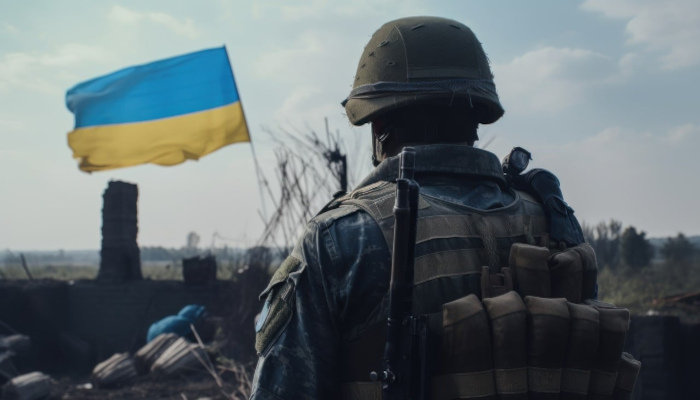
There are both trivial motives of political opportunism and deeper reasons concerning the Church’s “mission” for Prime Minister Giorgia Meloni to pay close attention to the warnings of CEI (Italian Bishops’ Conference) president, Cardinal Matteo Zuppi, regarding the controversial bill of “differentiated autonomy.”
The bill devolves significant central powers to the regions, strengthening existing centrifugal forces in Italy. Moreover, another bill aims to concentrate government prerogatives with the prime minister. Both bills could weaken the parliament and alter Italian political dynamics. The CEI has been quite vocal against these reforms, arguing that they could tear the nation apart.
Meloni’s motives for opportunism can be found in history. The Church helped consolidate the governments of the peninsula in the last century. Mussolini “bought” the Church with the Lateran Pacts of 1929; the Church then built the party that ruled Italy for half a century after World War II, the DC. Cardinal Ruini, Zuppi’s predecessor, supported Berlusconi for about two decades. Italy, after Rome’s takeover in 1870 ending 15 centuries of Papal Estates, found a delicate balance in its relationship with the Church. This ultimately helped the Italian government and rebalanced the Church’s role in the Western world.
Perhaps today, Meloni should be cautious in her dialogue with Zuppi. Yet, she recently took two other risky steps. She distanced herself from Emmanuel Macron’s French government to support his rival, Marine Le Pen, who is expected to be a big winner in the European elections next week. She then backed Italian right-wing League leader Matteo Salvini in a controversy against NATO Secretary General Jens Stoltenberg over Ukraine. It seems she might be thinking of catering to the right-wing voters on both issues because of the upcoming European ballots. However, this does not take away from the fact that these new friction points in Europe and NATO add to the CEI controversy, creating an unhealthy compound for the government.
There are also deeper reasons for the CEI’s concern. The reforms aim to change Italy profoundly, naturally affecting the Holy See’s existential position as a micro-state in the heart of the Italian capital.
Whether the Italian state becomes stronger or weaker means the Vatican must reorient its priorities accordingly to manage its “material political life.”
Today, the Holy See has increasingly acquired a global projection. It has been able to do so because it no longer has the secular burden of the Papal State and, over the past decades, has detached itself from Roman life. Its political survival depends on the stability of Italy.
But if Italy changes its structure, for better or worse, the relationship with the Holy See automatically shifts as well. For example, any unrest in Rome forces the Holy See’s attention back to Italy, diverting its current focus towards Asia—home to 60% of the world’s population, where only 2-3% are Catholics.
If the Church is not strong in Asia in the future, it will become insignificant. The main faiths in Asia are Islam, Hinduism, and Buddhism, each with infinite local variations. Dialogue with these religions is both essential and highly complicated.
If Rome transforms itself around the Vatican Walls, any project of Asian projection becomes more difficult. Differentiated autonomy promises just that, so how could the CEI not be concerned?
Additionally, the reform is likely to be approved by a narrow majority representing about a quarter of the population since nearly 50% of eligible voters did not go to the polls in the last election. Moreover, President Sergio Mattarella, who is extremely popular and would outperform any contender in a direct election, is against it.
The political future of the Vatican is not merely an Italian issue but a global one, crucial for the EU as it prepares to choose its next parliament on June 6th-9th. Meloni’s mishandling of the Church might have consequential repercussions elsewhere.
Therefore, Meloni needs to deeply rethink many aspects of her government to avoid being overwhelmed by events after the vote, whatever the outcome.
(the italian version was previously published on Formiche.net









